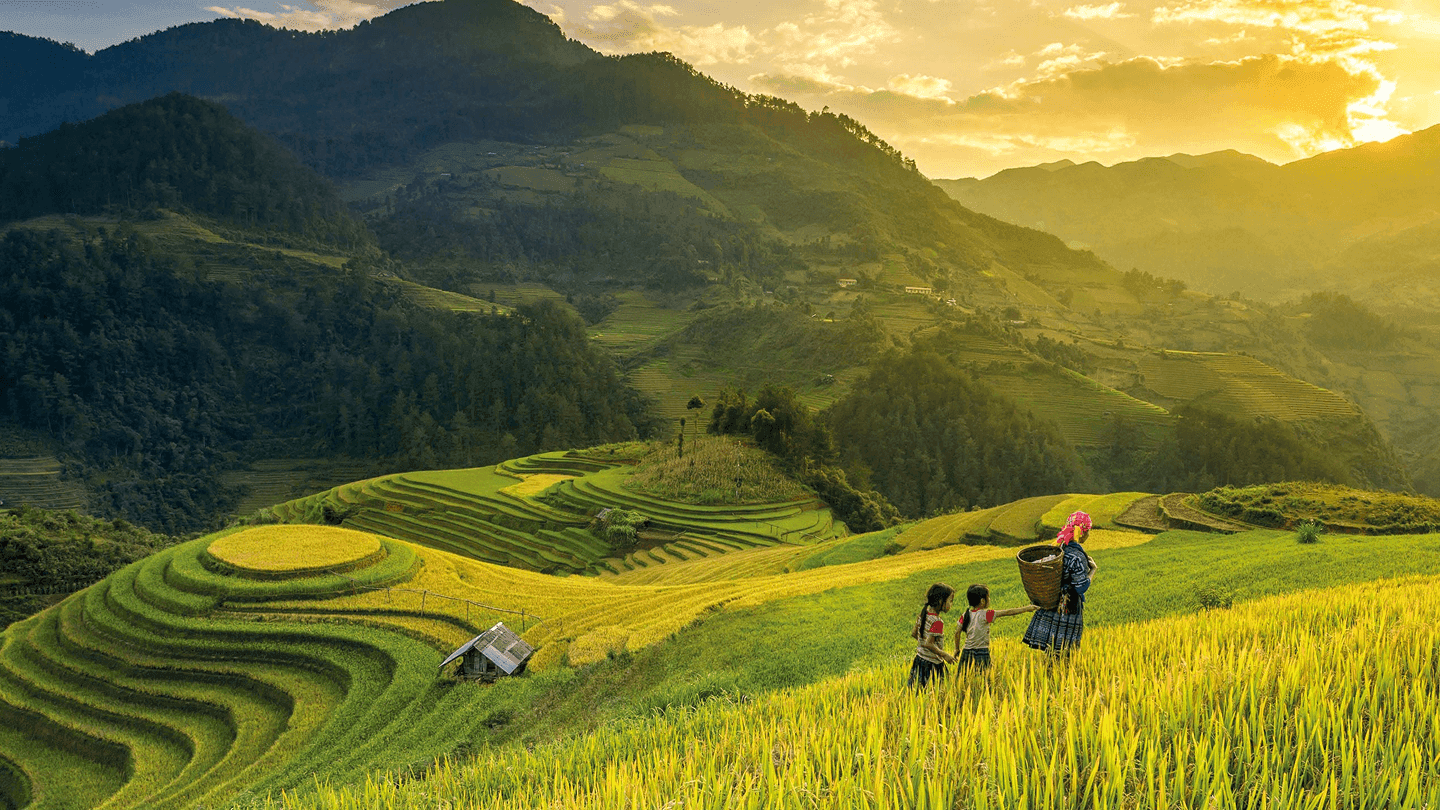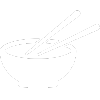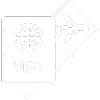Health and Safety in Cambodia
Before traveling to Cambodia, make sure you have received the recommended vaccinations and taken precautions against common illnesses. Here are some essential health and safety tips to keep in mind.
Vaccination
No specific vaccinations are required for visiting Cambodia, but it's important to stay up-to-date with standard vaccinations like diphtheria, tetanus, typhoid, polio, and hepatitis.
Vaccines for rabies and Japanese encephalitis are recommended if you're planning to stay in rural areas for more than a month or if you're an expatriate.
Regarding malaria, rest assured there is no malaria in major cities. However, be sure to check your travel itinerary and consult with your doctor for more personalized advice.
Additionally, it's a good idea to check your dental health before departure and pack a small first aid kit containing aspirin, cold and flu tablets, antihistamines for allergies and rashes, diarrhea medication, insect repellent, sunscreen, lip balm, and bandages. If you're on a regular prescription, bring enough for your entire trip.
Traveling to a new country and adjusting to local foods can cause digestive issues, especially for those who are sensitive to changes in their diet.
Food & Hygiene
As mentioned, changing your eating habits or trying local foods can sometimes lead to intestinal problems. We prioritize your health and safety in Cambodia to ensure you have a pleasant and hassle-free trip.
Remember, tap water in Cambodia is not drinkable, even in major cities and hotels. Always opt for bottled or purified water, and avoid ice in rural areas where water quality may be poor.
We carefully select restaurants that serve healthy, balanced, and delicious food, prepared with strict hygiene standards.
If you have special dietary needs (e.g., vegetarian, diabetic) or food allergies (e.g., seafood), please let us know in advance, and we will inform the restaurants to prepare meals suitable for you.
For street food, avoid raw vegetables, fresh herbs, and other uncooked items, or stick to highly recommended food stalls.
Safety
-
Keep all valuables, including your passport, tickets, credit cards, checks, jewelry, and cameras, in the safe provided in your hotel room. You can also deposit them at the reception if it’s reliable, and only carry necessary document copies with you.
-
Avoid wearing excessive jewelry or carrying a handbag on your shoulder, as this may attract theft.
On the road:
-
When crossing busy streets, step forward confidently when a small gap appears. Walk slowly but steadily to the other side without hesitation. Locals are experienced in navigating traffic and will avoid you. It’s best if you can walk alongside a local who can guide you through the process.
-
Always wear a helmet when taking a motorcycle taxi or renting a motorcycle.
-
Ensure that buses or taxis you take are equipped with seatbelts, even though they are not mandatory in Cambodia.
-
Limit night travel, especially by taxi, in remote areas.
-
Always carry a hotel card, copies of your passport and visa, and a list of emergency contact numbers.
Elsewhere:
-
Keep all valuables close to you, especially when traveling on buses, trains, or boats. Theft, including pickpocketing, is common in crowded areas like train stations, shopping malls, and markets.
-
Do not accept food or drinks from strangers, as you could become a target for tourist scams.
-
Avoid counting money at ATMs in public places or carrying large amounts of cash.
-
Be cautious and follow safety instructions when visiting former battlefields due to the risk of unexploded landmines.
-
Do not photograph military sites or demonstrations.
While the risk of trouble is low, it's always a good idea to take precautions. Trust your judgment, use common sense, and avoid being overly cautious in a way that could interfere with your experience.




 English
English French
French Italian
Italian


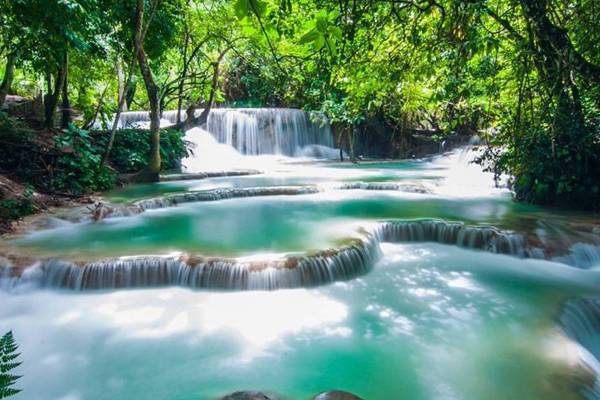
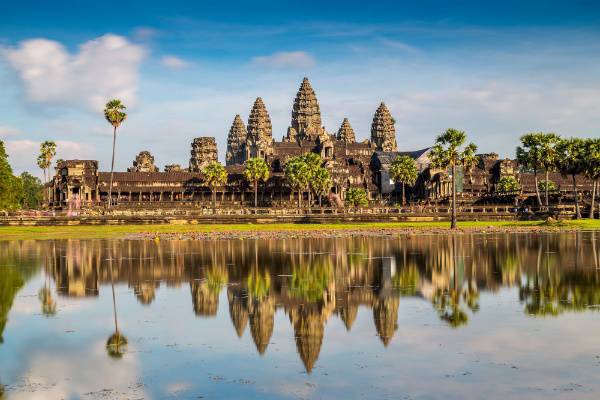
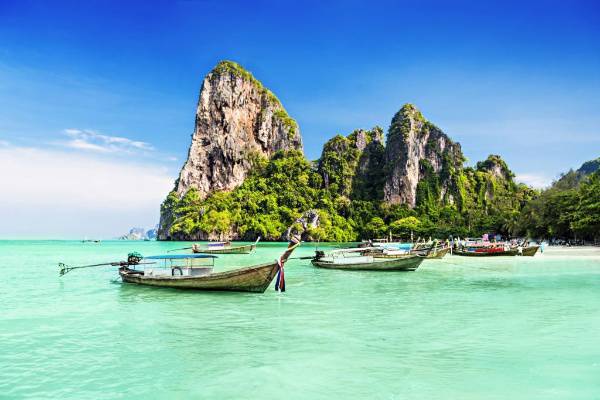
 FR
FR 